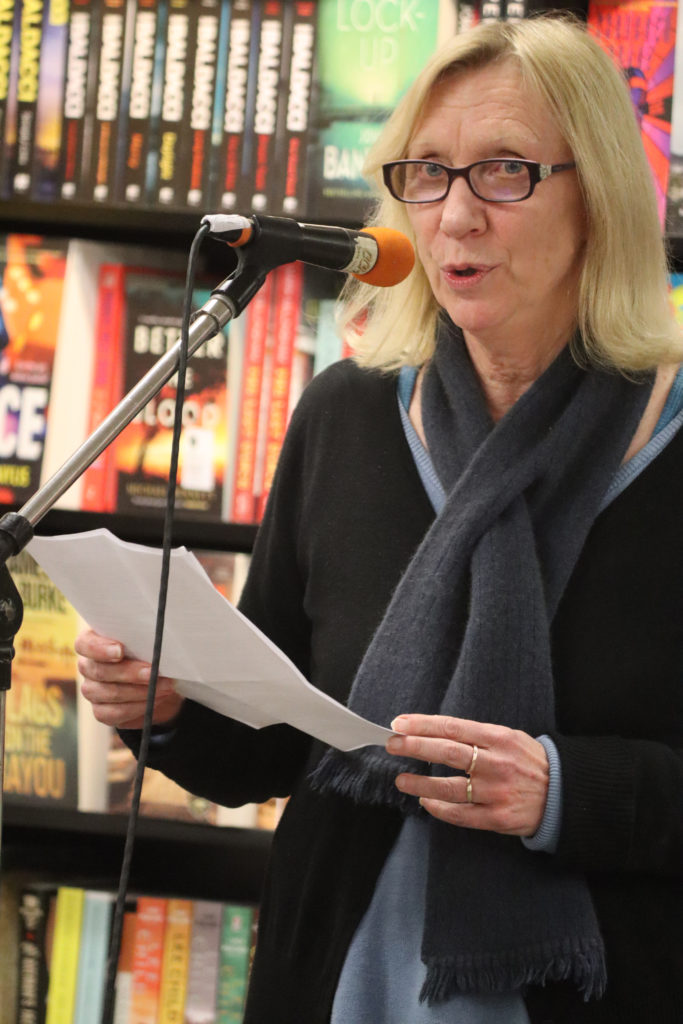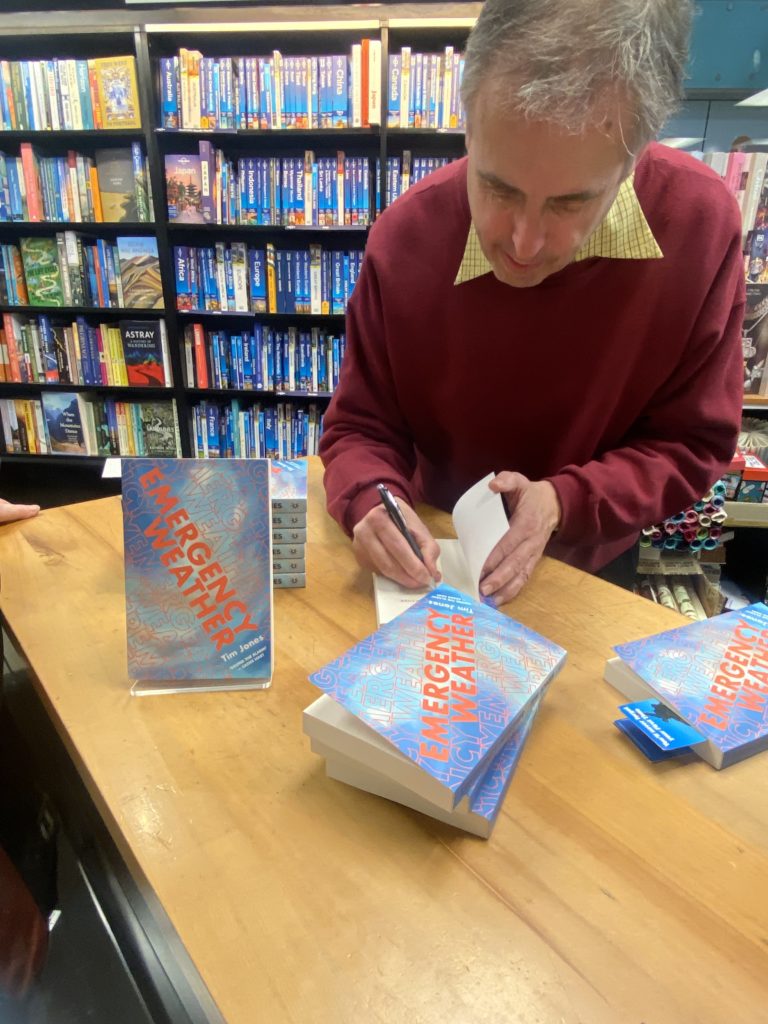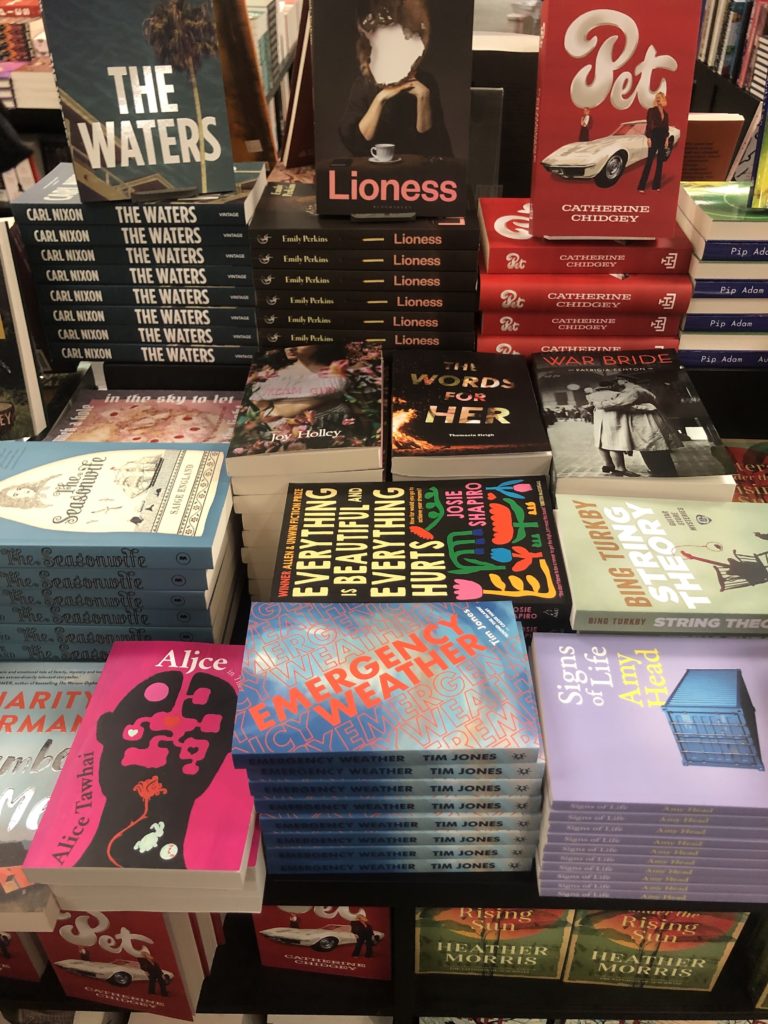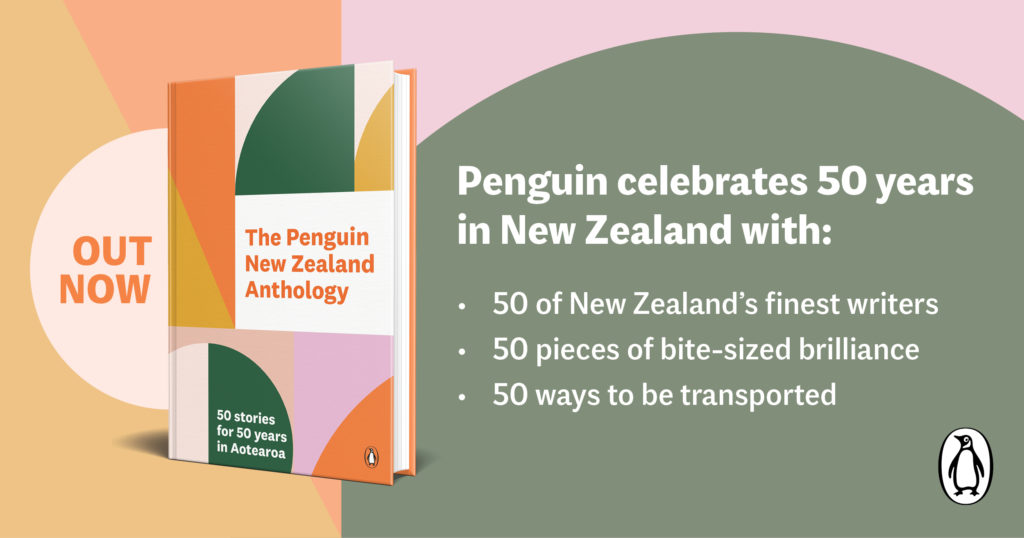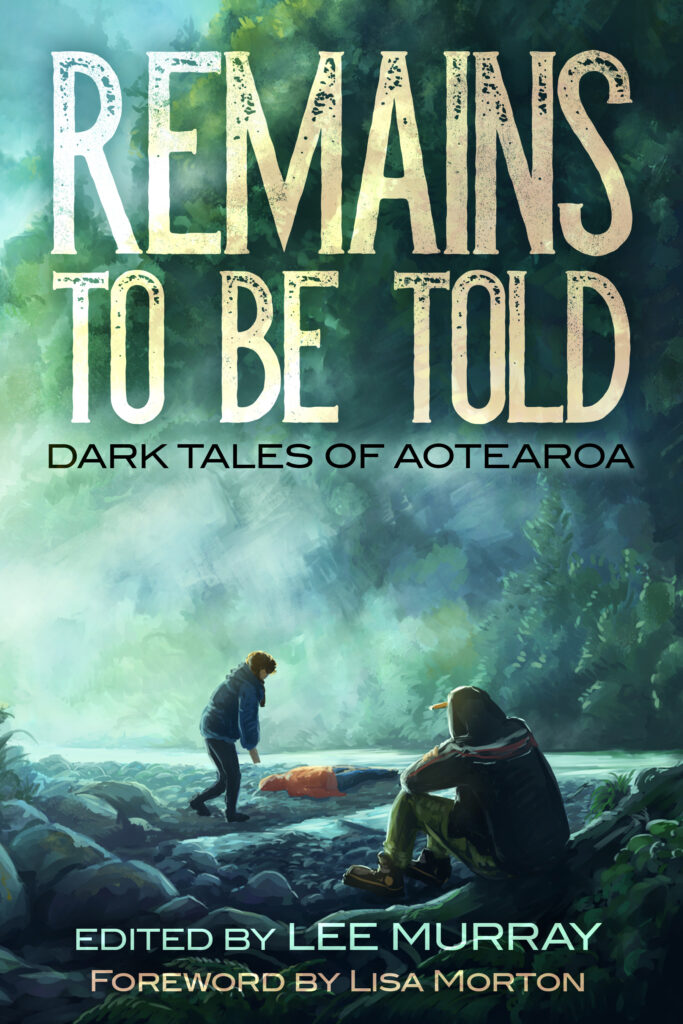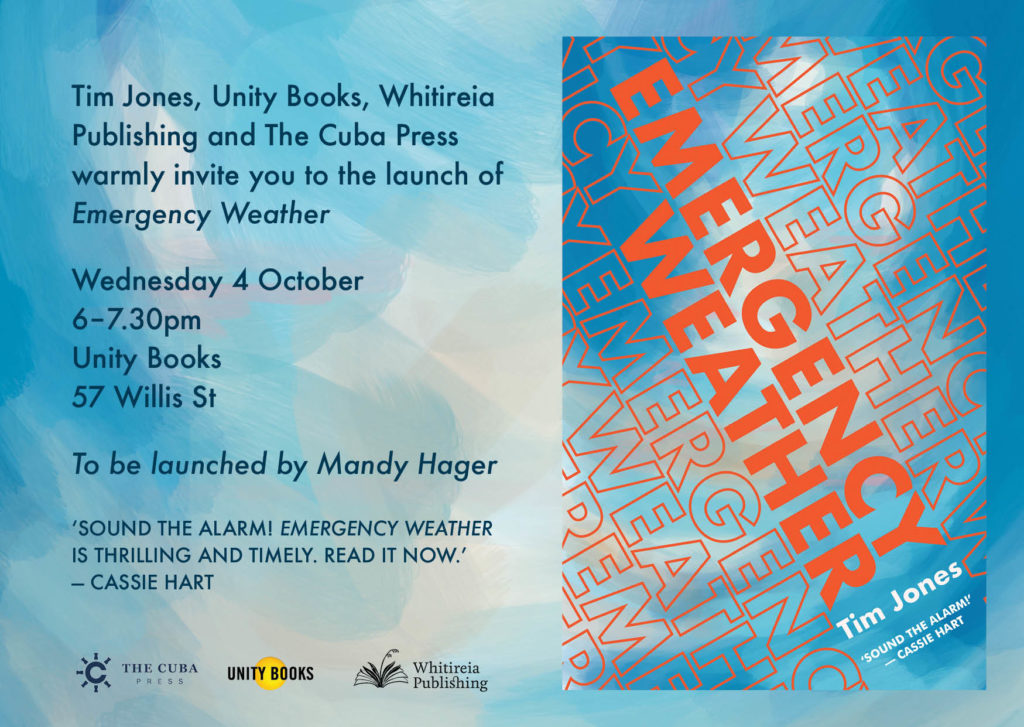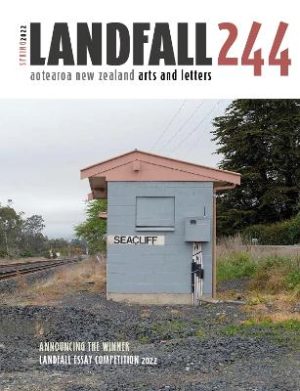My novel Emergency Weather has got off to a great start and there is more: (“Talking Up a Storm: The Making of Emergency Weather” this coming Wednesday, 12.30-1.30, Unity Books Wellington), but it’s time to talk about two books I’ve been reading and very much enjoying.
Fiction: The World I Found, by Latika Vasil
The World I Found is available from Latika Vasil’s website & via NZ BookHub.
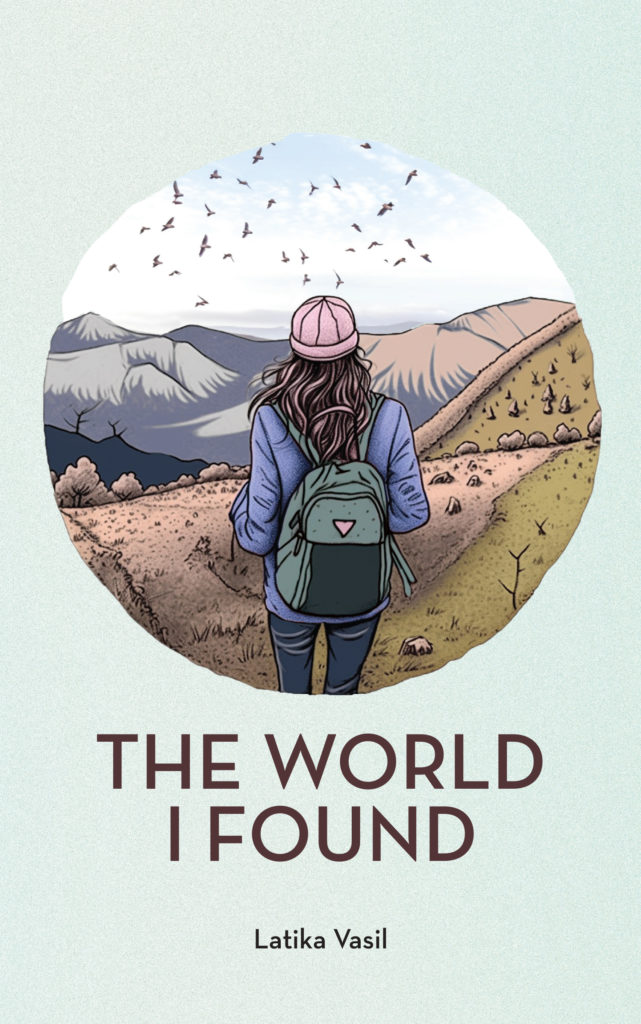
The World I Found is a really good read. It’s a Young Adult novel seen through the eyes of 15-year-old Quinn, who is reluctantly dragged off to Campbell Island by her Mum, who is heading there as part of a scientific expedition. While Quinn is on the island, a worldwide pandemic breaks out, which means life is very different when she returns to Aotearoa and has to make her own choices in a radically changed world while attempting to find those of her family and friends who’ve survived, and deal with her attraction to a boy who can’t be relied on.
Latika Vasil does a great job of showing the world through Quinn’s eyes. She’s brave, resourceful, but also impetuous and at times beset by doubt. She’s a very realistic protagonist – I enjoyed seeing the world through her eyes. If you enjoy YA fiction as so many of us do, or if you’re a high school teacher looking for a well-written book that touches on important issues and tells a strong story through the eyes of a relatable protagonist, The World I Found is for you.
Poetry: Famdamily – Meowing Part 2, a poetry anthology by the Meow Gurrrls
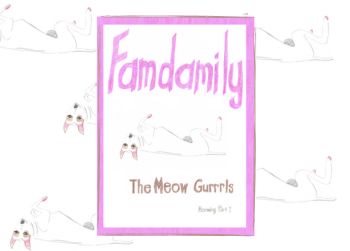
Available in Unity or Good Books, by emailing meowgurrrls@gmail.com or via NZ BookHub
I went to the launch of this new anthology from The Meow Gurrrls, six Wellington-region poets whose work I’ve previously read, admired and sometimes reviewed: Janis Freegard, Kirsten Le Harivel, Mary Jane Duffy, Mary Macpherson, Abra Sandi King and Sudha Rao.
The launch was lots of fun, and so is this anthology of poems on the general theme of family.
With illustrations by Mary-Jane Duffy and photos of the six poets as children, this little book is an attractive package, but the real star is the poetry. I like all the poems, but some particular favourites include “Bikinis plural” by Mary-Jane Duffy, “Our need” by Mary Macpherson, “Fire Mom” by Abra Sandi King, “Les Frères” by Janis Freegard, “Letter to Arun” by Sudha Rao and “After-school mothers” by Kirsten Le Harivel.
Famdamily reminds me quite a bit of Millionaire’s Shortbread, one of my favourite Wellington poetry anthologies – and that’s a definite recommendation!

